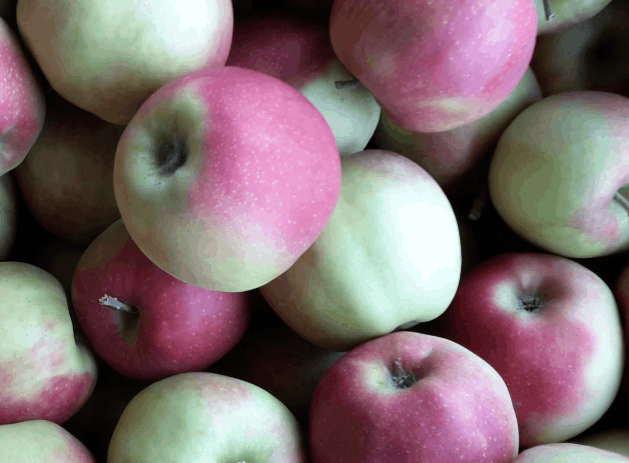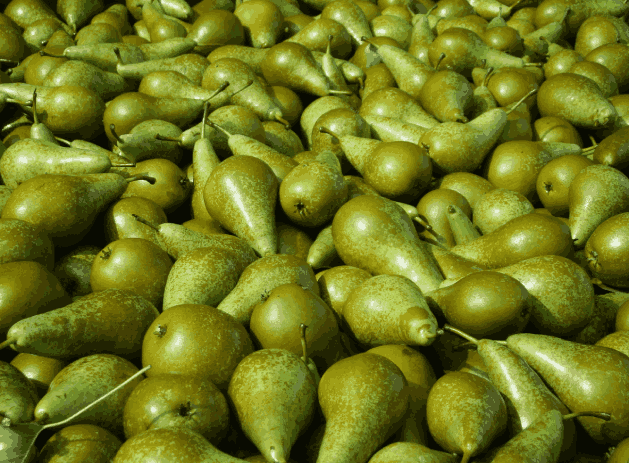Maximising-freshness-benefits-and-applications-1-mcp
30 Jun, 2023Selling fruit at the right moment is far from evident. Your produce has to be of high quality, while a sudden excess supply of produce can result in a surplus. That in turn leads to lower prices due to increased competition. This can cut into already tight profit margins and make it difficult for farmers to sustain their businesses.

First of all: what is 1-MCP?
1-MCP is a residue-free compound that slows down the ripening process of fruit. This allows for a longer sales window for high-quality produce, helping growers to reduce waste, increase profits and to maintain the texture, colour and flavour of the fruit. Above all, 1-MCP helps to make fresh fruit more widely available for people from all walks of life. Since 1-MCP reduces food waste, one of the most important sources of CO2, it also brings environmental benefits to the table.
On a more technical note
1-Methylcyclopropene (1-MCP) is a molecule that is commonly used as a plant-growth regulator to slow down the ripening process of fruit and other crops. 1-MCP is structurally related to ethylene, a natural plant hormone.
Ethylene is a small molecule that triggers the ageing process in fruit when it finds a free ethylene receptor. Thanks to its similarity, 1-MCP can successfully replace the ethylene receptor. The difference between them is that 1-MCP does not trigger the biochemical signalling cascade. This means the fruit's natural ripening process gets delayed.
Which fruits can it be used for?Since their response to the treatment is the most pronounced, 1-MCP is mostly applied to apples. Other commercial applications include avocados, bananas, pears, kiwi, plums, persimmon and tomatoes.
A better product for allApplying 1-MCP to your produce can result in many benefits for both businesses and consumers:
Advantages for businessesIn short, 1-MCP extends the shelf life of your fruit. That means a better product, an increased revenue and other advantages:
Advantages for consumersAt the end of the production cycle, consumers get a better product. It's that simple.
|
FYSIUM®: Janssen PMP's 1-MCP solutionJanssen PMP produces its own 1-MCP solution: FYSIUM®. In situ generationFYSIUM® 1-MCP is an in situ generation system that produces 1-MCP on site, guaranteeing delivery of the right dose at the right time. It allows you as a producer to have a very pure product, since the gas doesn't suffer from transport or changes in temperature. FYSIUM® cartridges are designed to administer specific 1-MCP dose rates so they don't exceed regulated dosages, depending on not only the room size, but also on the fruit quality, crop and variety. Application from outside the storage roomWith the FYSIUM ® technology, the 1-MCP is administered from outside the room using a generator. There are 3 main advantages to treating crops this way:
Real-time informationThrough a display, the FYSIUM® generator continuously informs you on important information such as application duration, time left, and flow status. |
1-MCP: a valuable tool on the way to a better food systemAs a highly beneficial compound, 1-MCP can offer significant advantages for both producers and consumers. A longer shelf life, better quality and less need for preservatives and other additives, promoting sustainability … 1-MCP has the potential to create a more efficient, safe and environmentally-friendly food system. |
